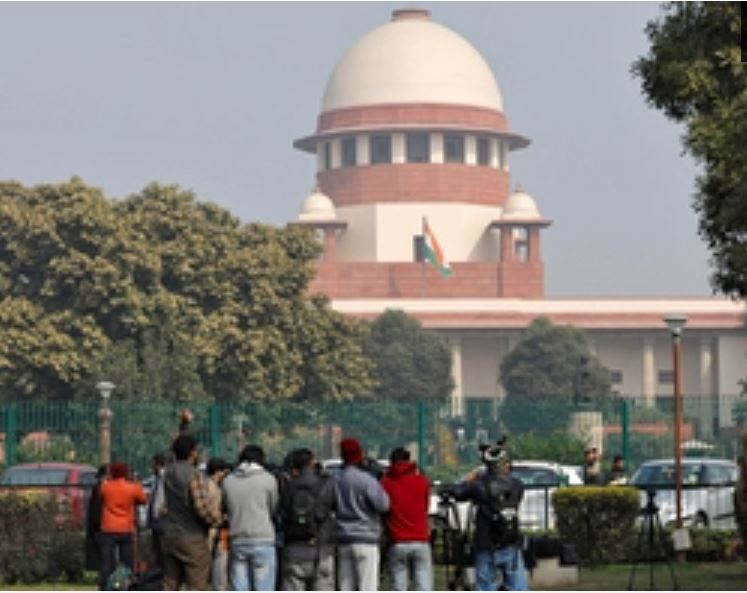The Supreme Court on Friday reaffirmed that women candidates, who are entitled to the caste-based reservation, can also fill open category vacancies.
The observation was made by a bench comprising Justices U.U. Lalit, Vineet Saran and Ravindra Bhat in an application preferred by Sonam Tomar and Reeta Rani, who had participated in the selection process initiated for filling up vacancies of Uttar Pradesh Constables and secured 276.5949 and 233.1908 marks, respectively. They had applied in the female’s Other Backward Classes and Scheduled Caste category respectively.
The applicants submitted that their claim had been rejected by the State government despite directions issued by the Supreme Court in its Order dated 24.07.2019 in I.A. No.10394 of 2018 (Ashish Kumar Yadav and Others vs. State of Uttar Pradesh and Others) and that candidates with lower marks have been selected in General Female category disregarding their claim.
The controversy that arose in the present round of litigation was the correct method of filling the quota reserved for women candidates. The applicants, who are women belonging to the Other Backward Classe and Scheduled Caste categories, complained that the state had not correctly applied the rule of reservation, and denied such OBC and SC women candidates the benefit of migration, adjustment in the general category vacancies.
The quota provided for women, as well as dependents of freedom fighters and ex-servicemen, in the present case are characterized as horizontal whereas the quotas for social groups (SCs, STs, OBCs) are characterized vertical.
The bench observed that in Uttar Pradesh, there is no law or rule that mandates reservation for women. However, a government order was issued applicable to all posts on 26.2.1999 according to which the only stipulation with respect to treatment of horizontal reservation for women, is that in case a woman candidate is selected, she would be adjusted against the appropriate social category she belongs to (SC/ST/OBC/OC). However, there is no rule, or direction which prohibits the adjustment of socially reserved categories of women in the general category or open category.
Referring to the order of the Supreme Court in Anupal Singh v. State of U.P (2020 (2) SCC 173), the bench observed, “In view of these clear decisions, it is too late in the day for the respondent state to contend that women candidates who are entitled to benefit of social category reservations, cannot fill open category vacancies. The said view is starkly exposed as misconceived, because it would result in such women candidates with less merit (in the open category) being selected, and those with more merit than such selected candidates, (in the social/vertical reservation category) being left out of selection.”
The bench further observed, “I would conclude by saying that reservations, both vertical and horizontal, are a method of ensuring representation in public services. These are not to be seen as rigid “slots”, where a candidate’s merit, which otherwise entitles her to be shown in the open general category, is foreclosed, as the consequence would be, if the state’s argument is accepted. Doing so, would result in a communal reservation, where each social category is confined within the extent of their reservation, thus negating merit. The open category is open to all, and the only condition for a candidate to be shown in it is merit, regardless of whether reservation benefit of either type is available to her or him.
Read Also: Kerala HC directs Pinarayi Vijayan govt to return Rs 10 crore donation from Guruvayur temple board


